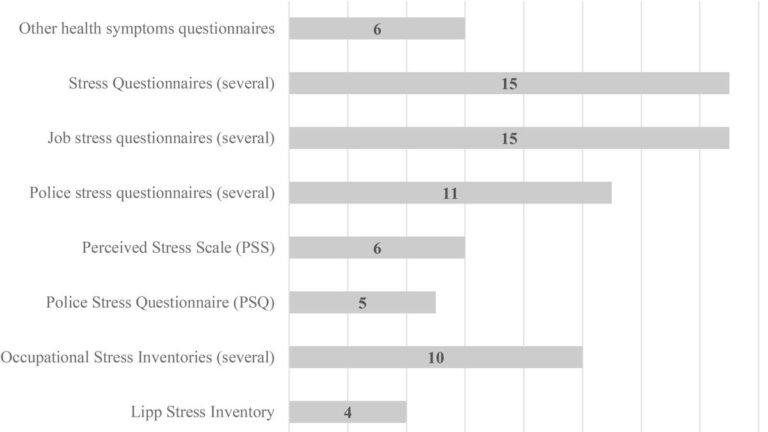In an era when the mental health of law enforcement officers is as important as their physical performance, a recent report from the Bureau of Police Research and Development (BPR&D) highlights an often overlooked aspect of police work: the mental aspect. is shining a light on. Health status of police personnel. The report highlights the stark reality that many police officers suffer from mental illness and calls for psychometric evaluations to be carried out as an ongoing process, not just at the time of recruitment but throughout an officer’s career. The move aims to better manage the mental health effects of the trauma and stress inherent in police work.
The Hidden Battle: Mental Health in Law Enforcement
Due to the nature of their work, police officers are exposed to traumatic situations that most civilians can barely imagine. From responding to violent crimes to the stress of life-threatening situations, these experiences can take a toll on mental health. The BPR&D report notes that without appropriate intervention, the psychological effects could lead to serious consequences such as suicide and fratricide within the force. The introduction of psychometrics aims to identify and address these mental health challenges early and ensure that police officers are not only physically but also psychologically fit for duty.
A call for comprehensive care
The report emphasizes the importance of psychometric assessments during recruitment, but argues that they should not be the only focus. To truly address this issue, there needs to be a cultural shift within the police force towards recognizing and treating mental health with the same seriousness as physical health. This includes workplace interventions, daily reassessments of regiments and providing support to police officers dealing with mental health issues. By integrating psychometric assessment methods into current recruitment processes and ongoing career development, police departments can create a more supportive environment for their officers.
Aiming for a healthier future
BPR&D’s recommendations have the potential to revolutionize how police approach mental health. By prioritizing police officers’ psychological well-being, law enforcement agencies can not only improve the quality of life of their officers, but also increase officers’ effectiveness in serving their communities. Implementing these recommendations will require a concerted effort from all levels of law enforcement, from leaders to the public. This is an important step towards recognizing that the strength of the police lies not just in numbers or firepower, but in the mental resilience and health of its officers.
In conclusion, the recent BPR&D report highlighted a key area of concern within law enforcement: the mental health of police personnel. The report highlights the need to tackle mental health issues head on by advocating for the inclusion of psychometric assessments throughout a police officer’s career. As law enforcement agencies begin to implement these recommendations, it is hoped that police officers will receive the support they need to manage the mental strain of their jobs and that forces across the country will become healthier and more effective. There is.


